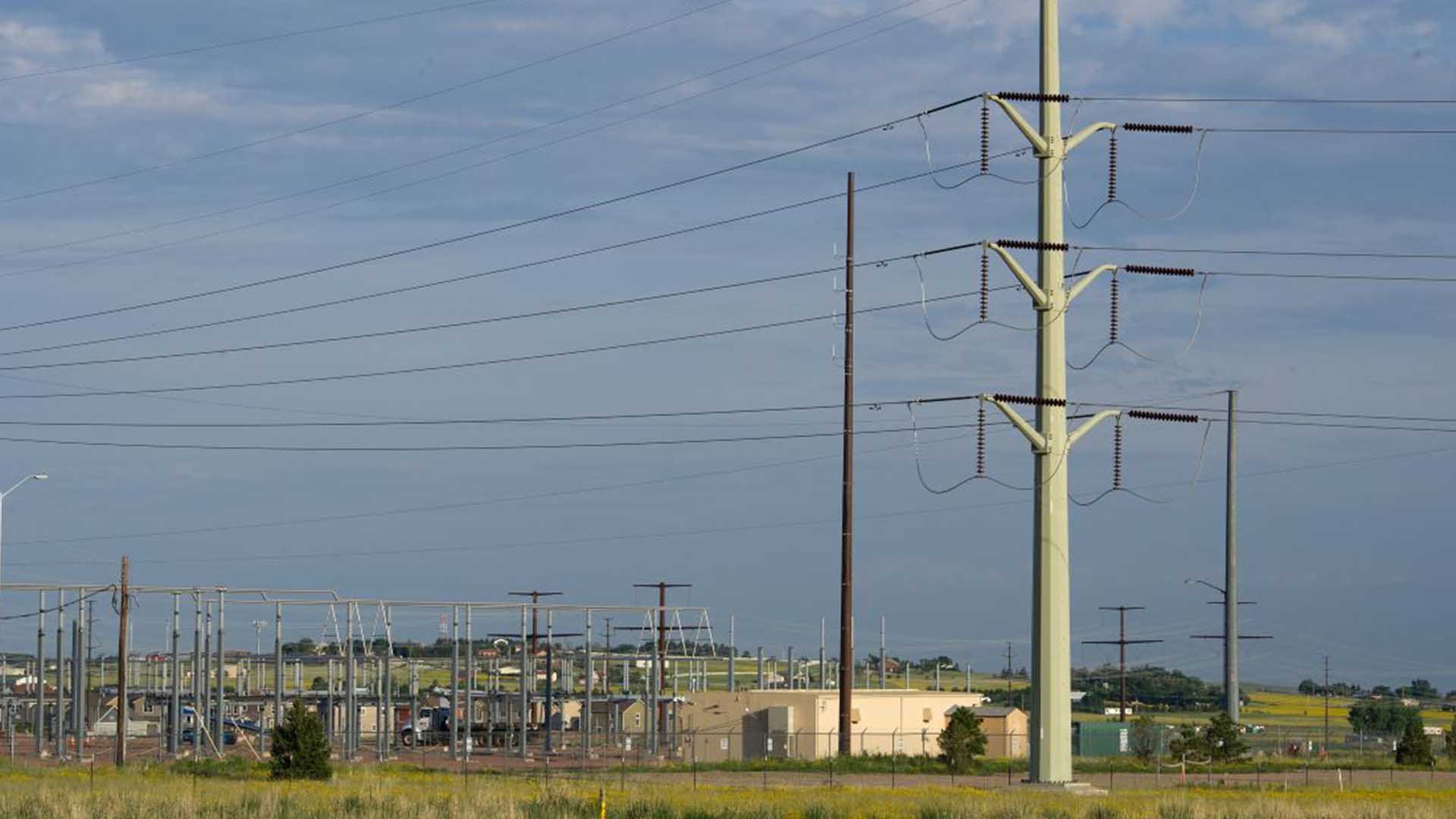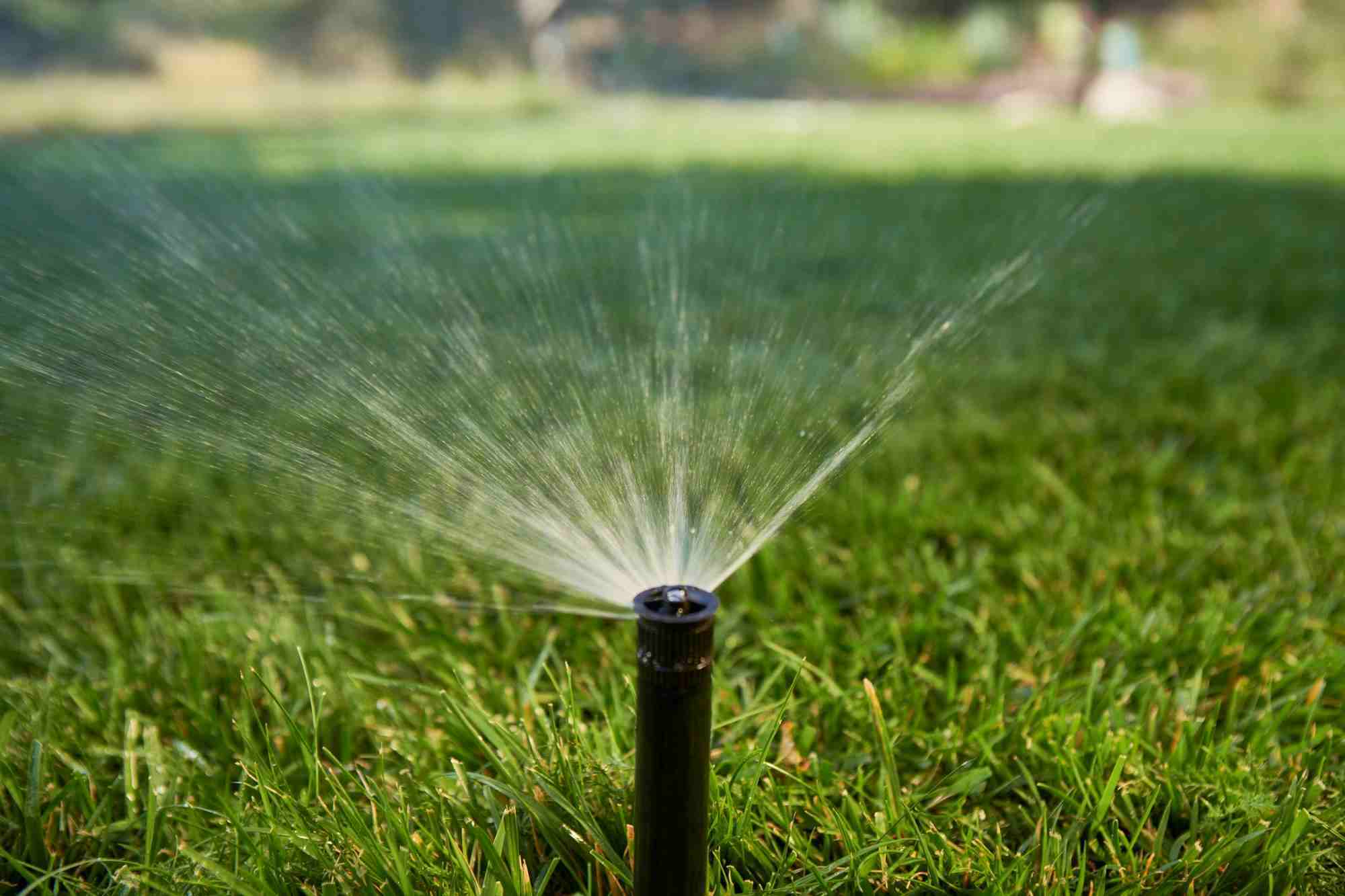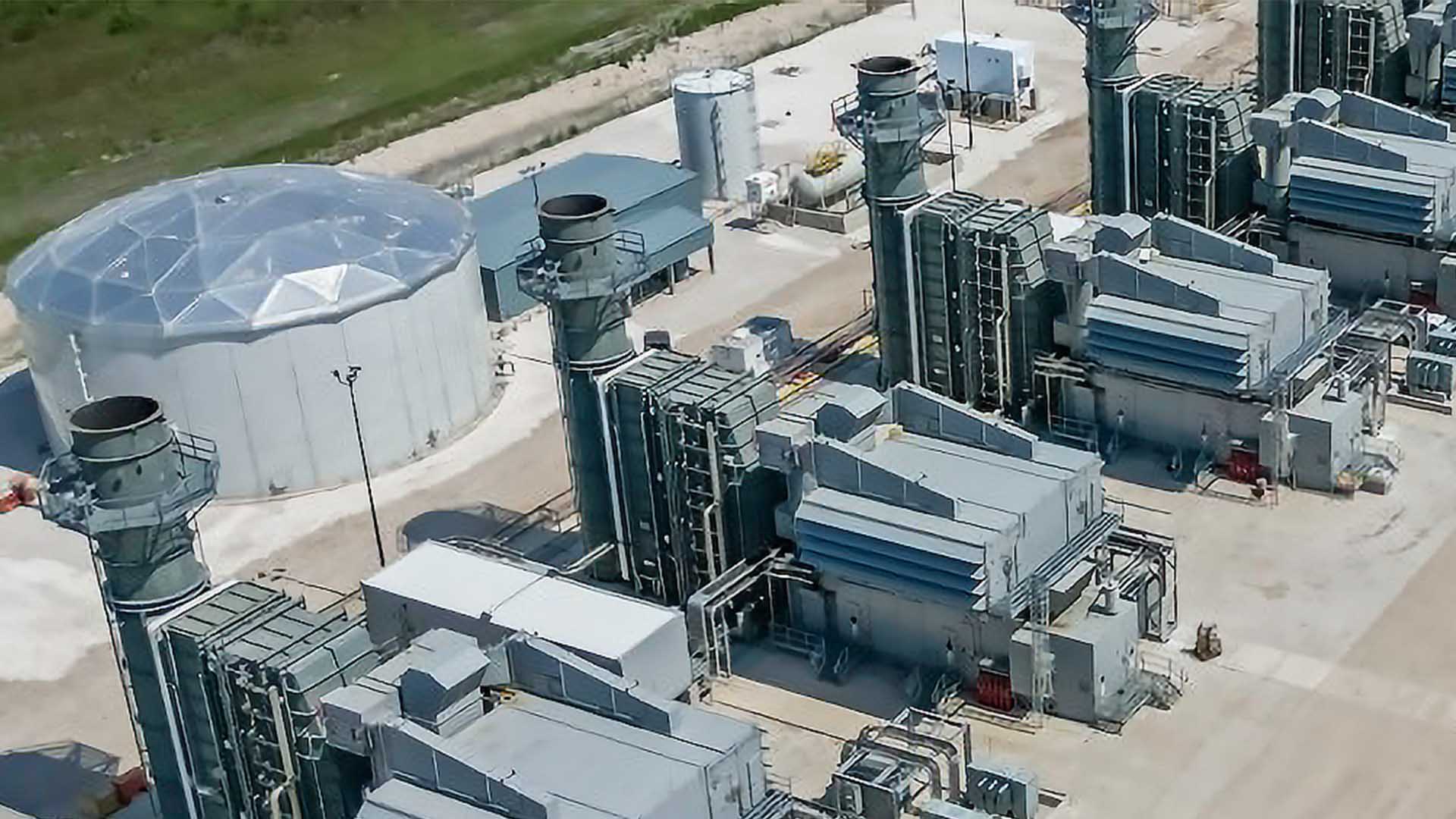
Catherine M.
Duration: 1 minute
Published on April 16, 2023
Spring has arrived! When you turn on your sprinkler system for the first time this year, there are two important tasks. First, check to make sure all its parts are in good working condition. Second, revisit your schedule. Taking care of these items will keep your lawn and landscape healthy while reducing water waste.
1. Do a Sprinkler Check
Once the water to your sprinklers is on, turn on each zone and watch it operate. Look for leaks as well as broken, sunken and misaligned sprinklers. Listen carefully for flowing and bubbling sounds, since you may hear leaks before you see them. Make needed repairs before you schedule the system to run regularly.
If you’re unfamiliar with the basic parts of sprinkler system, this webinar recording may help. A landscape professional can also turn on and inspect your sprinkler system for you.
2. Revisit Your Schedule
Creating a sound watering schedule is the key to a healthy and beautiful yard. Rather than simply using the schedule you had last summer, use these three strategies to set your clock.
- Adjust the number of watering days several times per growing season as the weather changes. Start by watering once per week in April, then increase to twice per week if the weather is warm and dry. We have watering tips for each season. If that seems like too much work, install a weather-based smart controller to take the guesswork out of watering. Remember, with the Water-wise Rules in effect, water no more than three days per week throughout the growing season.
- Run each spray zone long enough to apply about an half-inch depth of water each watering day. The amount of time to run each zone varies by sprinkler type. Review the Water-wise Lawn Watering Schedule for more information.
- Cycle and soak if you see runoff. If water runs down the gutter rather than soaking into the soil, review our fact sheet and watch our video. This method will direct the water to your lawn’s roots and reduce waste.
By performing a sprinkler startup check and fine tuning your schedule, you can make great strides towards having a healthy yard while reducing water waste.







